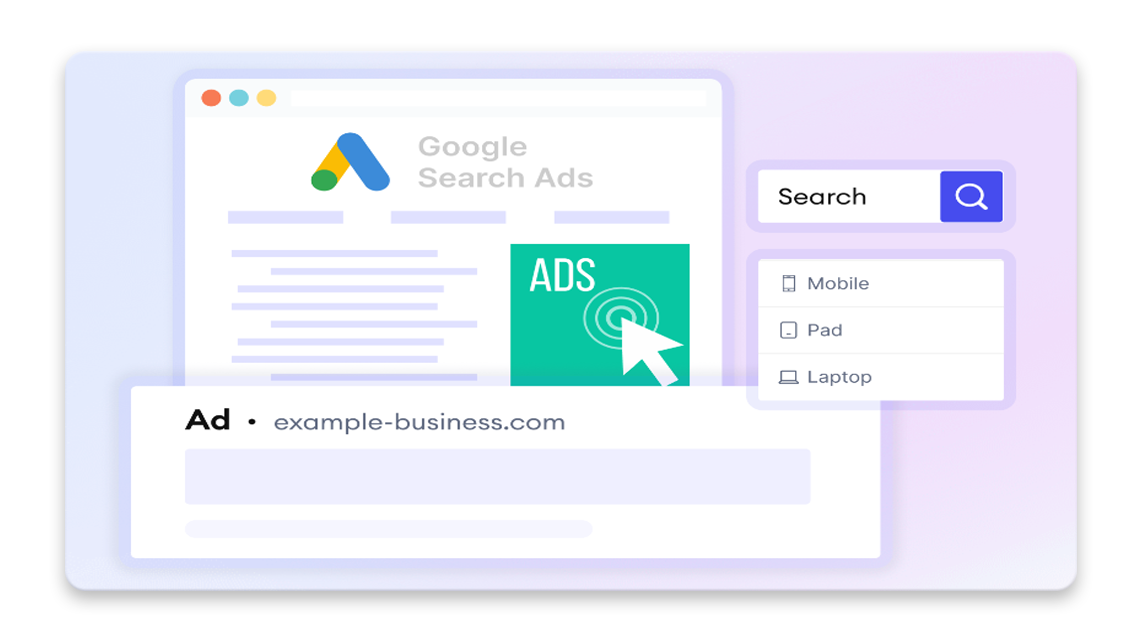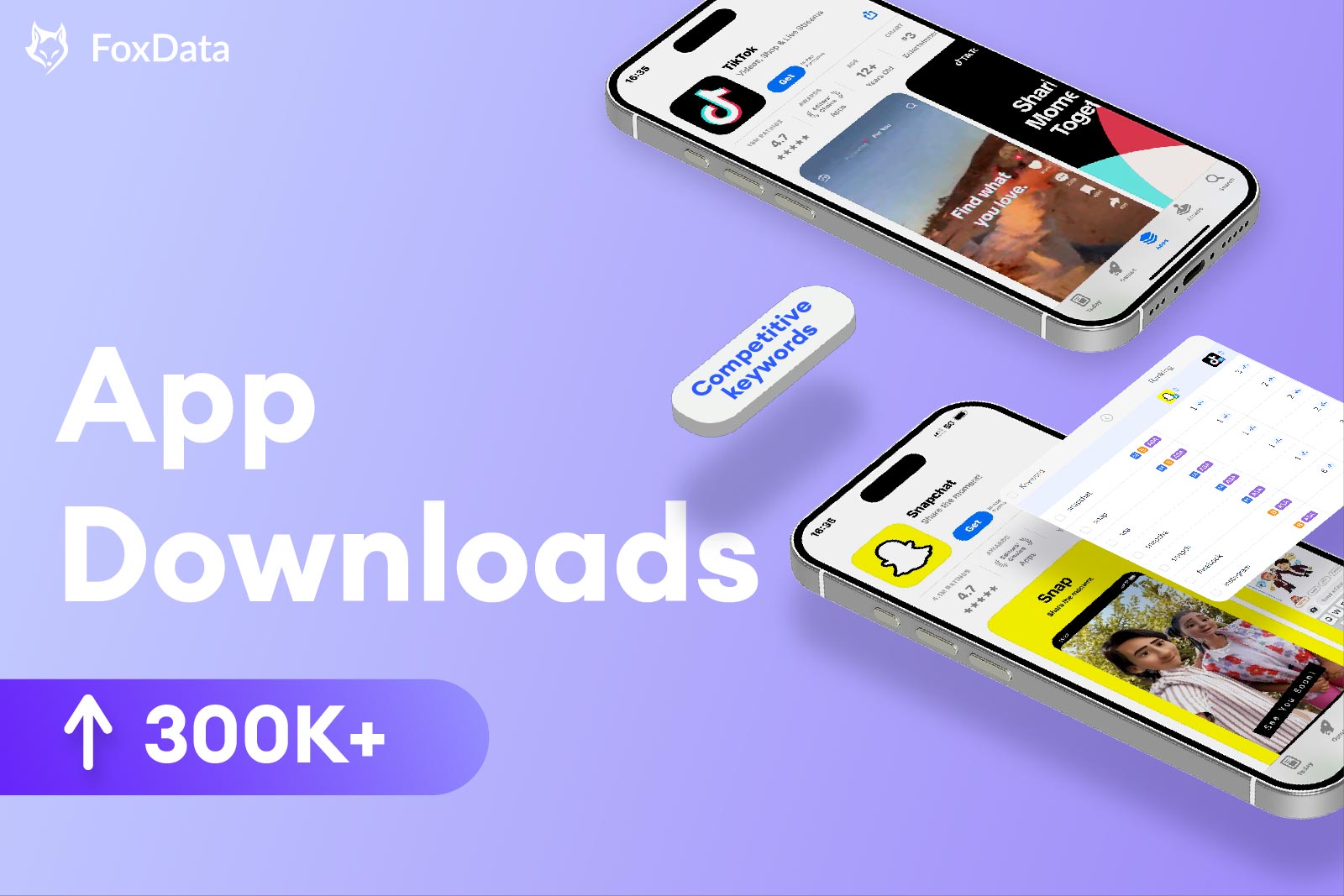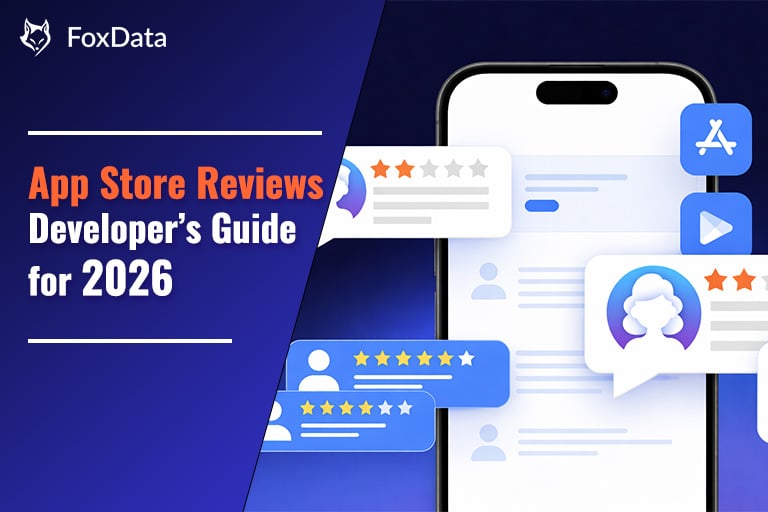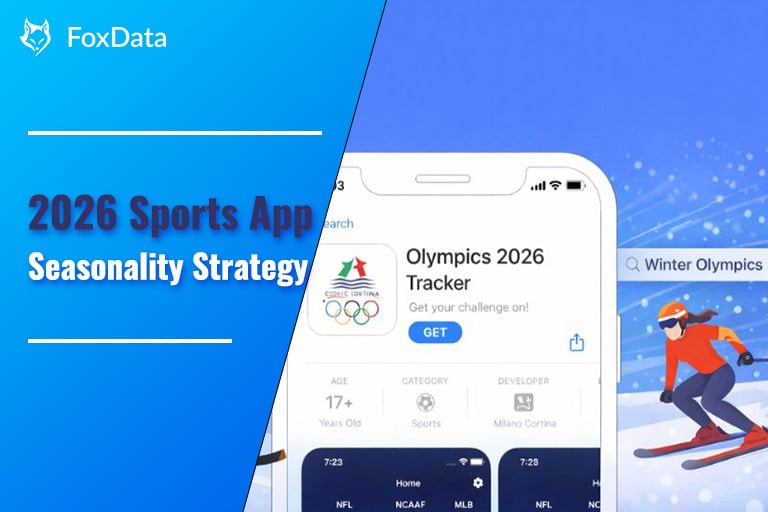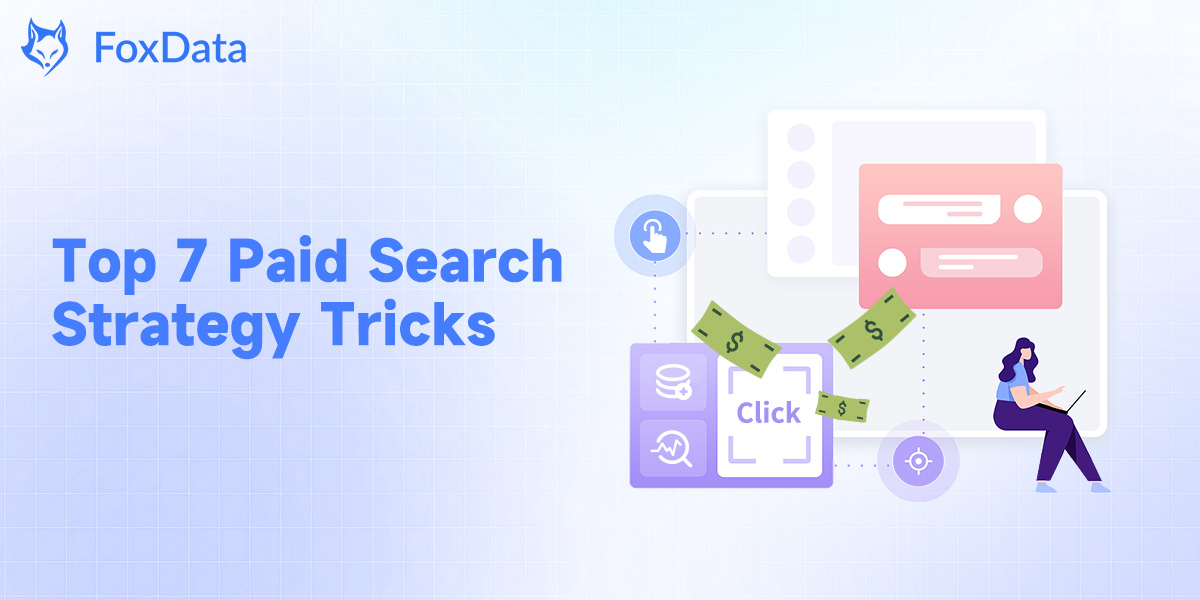
Even though ad clicks can double the likelihood of a product purchase, a subpar paid search strategy won't deliver such results. It's crucial for businesses to periodically reassess their pay-per-click (PPC) approaches to identify areas for enhancement.
Ready to elevate your paid search strategy and optimize your return on investment (ROI)?
This blog unveils seven practical PPC tactics that can significantly boost your business's PPC earnings.
💡 For those seeking expert assistance with their paid search strategies, consider exploring Paid Search Ads services on our FoxData's Sub-Brand, FoxAdvert.
Understanding Paid Search Strategies
A paid search strategy encompasses the methods and tactics a business uses for advertising through paid search channels. Simple yet effective PPC strategies, such as utilizing single keyword ad groups (SKAGs) and consistently testing ad copy, can lead to improved click-through and conversion rates, thereby increasing revenue.
7 Tricks to Refine Your Paid Search Strategy
1. Implement SKAGs in Your Ad Campaigns
SKAGs allow for highly focused ads tailored to individual products or services, targeting a single keyword through various match types. For instance, a boutique yoga studio might target:
- [yoga classes near me]
- "boutique yoga studio"
- +local +yoga +classes
This approach can lead to better click-through and conversion rates. Use data from existing campaigns to inform your SKAGs and start with about five SKAGs for optimal results.
2. Continuously Test Your Ad Copy
The potency of your ad copy is a cornerstone of your PPC strategy, regardless of whether you're deploying display or search ads. Lackluster or overly complex ad copy won't cut through the noise. Strive for a balance of creativity and clarity. Moreover, A/B testing your ad copy is crucial. This ongoing process of testing and refinement is time-intensive but vital for crafting campaigns that captivate and convert. To enhance your campaign's effectiveness, consider these prompts when creating various ad copy versions:
- What are the primary desires or needs of our target audience?
- How does our business distinguish itself from the competition?
- Which unique selling propositions resonate with our audience?
- Does our ad copy align with the messaging on our landing page?
3. Explore Beyond Google Ads for PPC
While Google Ads might deliver an impressive $8 return for every 1 spent, surpassing the general PPC ROI of $2 per $1, it's wise not to limit your paid search efforts to a single platform. Explore additional advertising channels to connect with your audience, including:
- Bing Ads
- Facebook
- Instagram
- LinkedIn Ads
Before diving into social media advertising, research where your audience spends their time online. It's more strategic to target their preferred networks rather than the most popular ones. When testing new advertising platforms, allocate only a portion of your budget to avoid diluting the effectiveness of your best-performing campaigns. Assess the performance of these exploratory campaigns before making significant budgetary shifts.

4. Tailor Campaigns for Voice Search
With over a billion voice searches conducted monthly, integrating voice search into your PPC and SEO strategies can set you apart and drive success. Analysts predict that early adopters could see a 19.6% increase in digital commerce revenue by the end of 2024. To capitalize on this trend, analyze your existing high-traffic campaigns for voice search potential. Here's how to identify voice search keywords:
- Sign in to your Google Ads account.
- Choose the relevant ad campaign.
- Navigate to “Keywords” in the sidebar.
- Click on “Search Terms” in the top menu.
- Download the keyword report.
Look for the phrase “OK Google” in your report, as it indicates a voice search query. The terms following this phrase are potential voice search keywords. If your industry has applicable voice search terms, consider creating a dedicated campaign to target this emerging and less competitive market.
5. Incorporate Remarketing Into Your Strategy
Remarketing is a potent tool for boosting sales, giving your business a second opportunity to persuade potential customers to engage with your brand. Despite providing a narrower audience, remarketing reaches people who have already shown interest in your offerings, which is a substantial advantage. To enhance your PPC approach, consider implementing display or search remarketing campaigns. To prepare, you should:
- Understand your target audience's preferences.
- Clarify your marketing objectives.
- Analyze your website traffic with Google Analytics.
After these assessments, create a remarketing list in Google Analytics. Keep in mind that Google Ads has minimum audience size requirements for remarketing: 100 for display and 1,000 for search campaigns. This difference often leads companies to prioritize display remarketing. Regardless of the type, remarketing can significantly strengthen your paid search strategy.
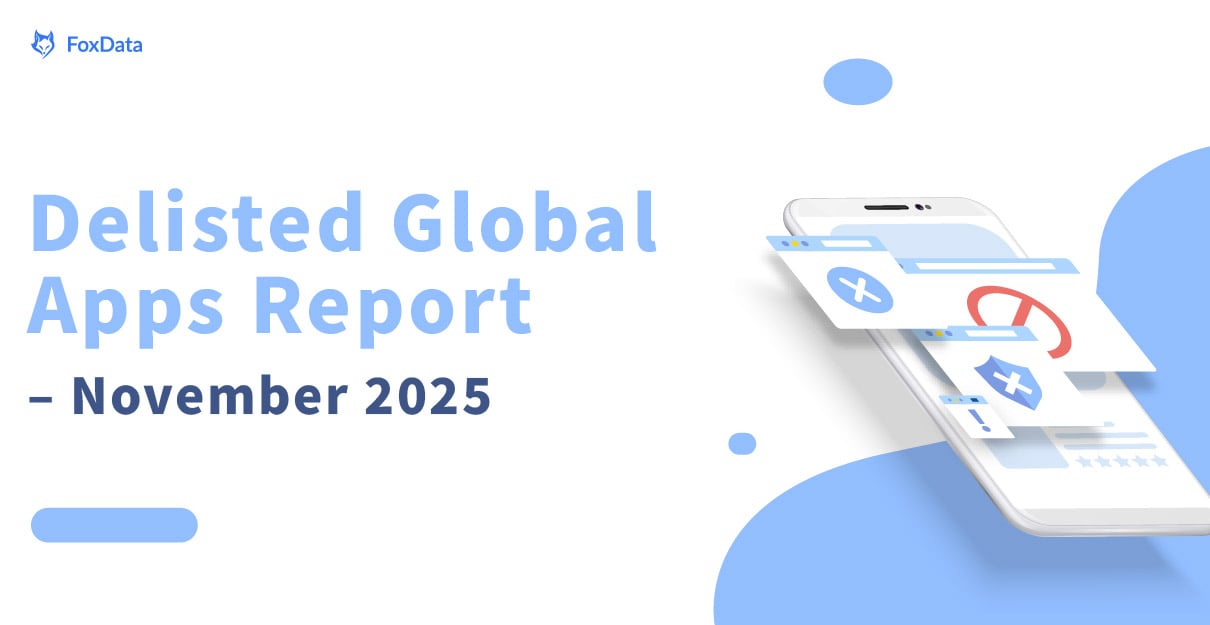
Explore the Global App Delisting Report
Dive into the latest global app delisting data to uncover key trends, platform insights, and what app removals reveal about the app market in November 2025.
6. Bid on Competitor Brand Names
A widely utilized PPC tactic involves targeting searches related to competitors. This method positions your business in front of consumers and business buyers who are actively looking for alternatives or are researching your competitors. For example, a search for "quickbooks accounting" might display ads for QuickBooks as well as its competitors. When adopting this strategy, crafting exceptional ad copy is critical. Since searchers are already familiar with the competitor, your ad must emphasize what sets your business apart and address the specific needs and concerns of the audience. Ideally, your messaging should also subtly point out the shortcomings of the competitor while underscoring the benefits of choosing your services. Although this strategy may not yield a high volume of immediate clicks or conversions, the visibility it provides can enhance brand recognition, potentially leading to future website visits and conversions.
7. Conduct a PPC Audit
Navigating the PPC landscape can be challenging, and it's common for businesses to struggle with creating both effective and economical campaigns. This is where a PPC audit comes into play. A thorough audit by a PPC agency or consultant will scrutinize every aspect of your campaigns, including keyword selection, audience targeting, and budget allocation. The audit aims to identify the stumbling blocks that are limiting your campaign's performance. The comprehensive analysis will yield practical advice tailored to your business's unique needs, allowing for strategic improvements. While there is an upfront cost for a PPC audit, the long-term benefits, such as higher click-through rates, reduced cost-per-click, and improved ROI, often justify the investment.
For a tailored paid search strategy that delivers remarkable ROI, consider partnering with
FoxAdvert.
Contact us to discover how our proven PPC services can benefit your business.
All content, layout and frame code of all FoxData blog sections belong to the original content and technical team, all reproduction and references need to indicate the source and link in the obvious position, otherwise legal responsibility will be pursued.



